Merle Haggard
Merle Haggard's early life was dogged by poor living conditions and a lack of money, which led to petty crime and short stints in prison. Haggard was inspired by the likes of Jimmie Rodgers and the characters he sang about.
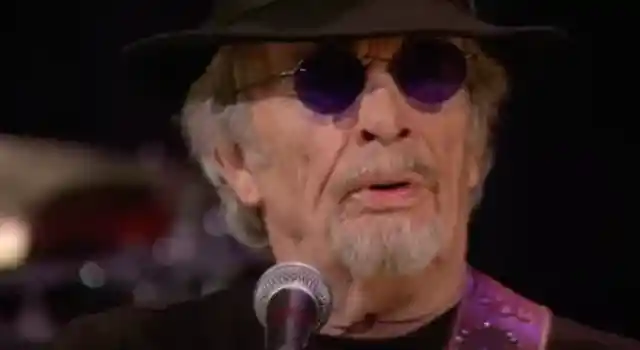
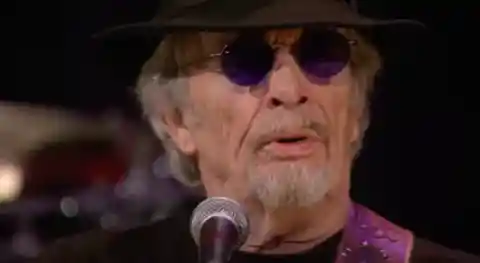
Haggard admitted that if it hadn't been for music he would have lived a life of crime, so it's no wonder he earned 38 country number-ones in just 20 years.
Hank Williams
Hank Williams was a true pioneer of country music, releasing a plethora of high-quality tracks throughout a highly productive seven-year period. Songs like Jambalaya (On The Bayou) transcended the genre, being covered by The Carpenters and Gerry and the Pacemakers.
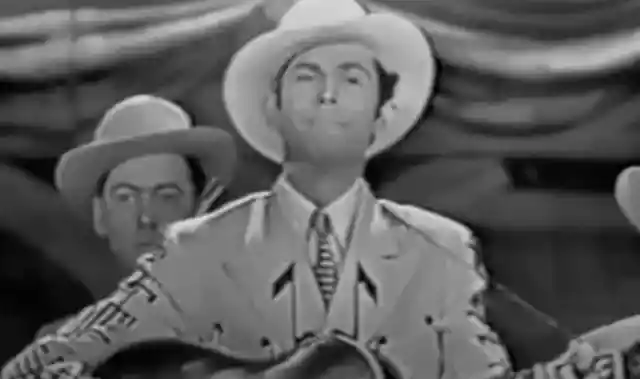
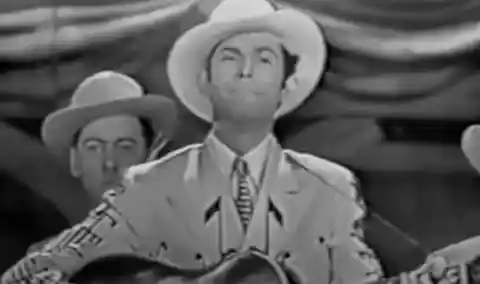
Williams was the musical touchpoint for Willie Nelson, who would also go on to become a country music stalwart. It's interesting to think about what else he could have achieved in his career if he hadn't passed at the age of 29.
Johnny Cash
Johnny Cash's persona and catchy melodies helped him transcend the country music genre. Songs like Ring of Fire and I Walk the Line helped him to achieve commercial success worldwide, seeing him crossover into rock and roll territory.
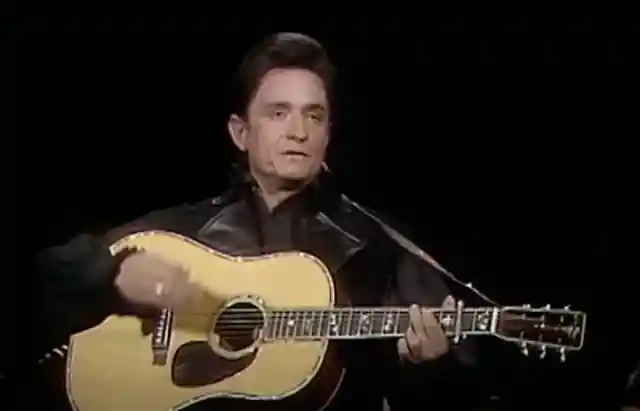
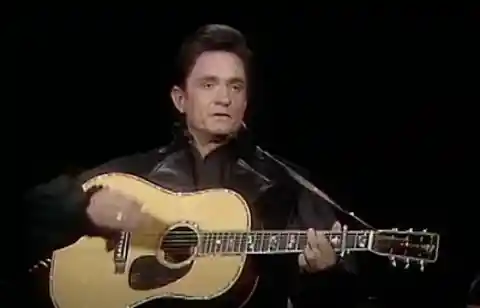
He was known for his snarling, bad-boy attitude, but was apparently gentle and intelligent behind the scenes. He was still producing his best work up until his death, with his cover of Hurt by Nine Inch Nails being a particular standout.
Loretta Lynn
Loretta Lynn matured very quickly, becoming both a wife and a mother before she was even classed as an adult. She also had to bear the burden of being the most famous woman in the country music scene.


On the one hand, Lynn had to fight against the sexism of the country music of the time, forcing her way into prominence. On the other, she had to defend herself for not adding a heavy feminist message to her songs.
The Carter Family
The Carter Family is known as one of the main acts that helped modernize country music in the 20th century. Consisting of A.P. Carter, his wife Sara, and his sister-in-law Maybelle, they were a true family business.
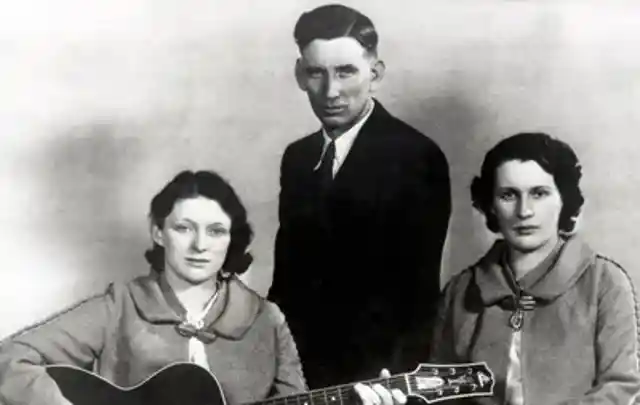
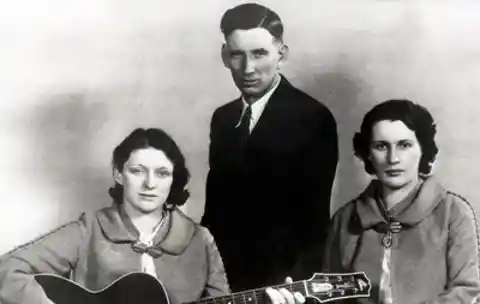
Their music was built around vocals, rather than instrumentals, even though each member had genuine instrumental talent. Over their 30 years in activity, the trio managed to record a total of over 300 songs, many of which are still remembered fondly today.
Willie Nelson
Ever since he first arrived in Nashville in 1960, Willie Nelson has created some of America's most beloved country songs. Over the decades, he has rubbed shoulders with the likes of Buddy Emmons and Patsy Cline.
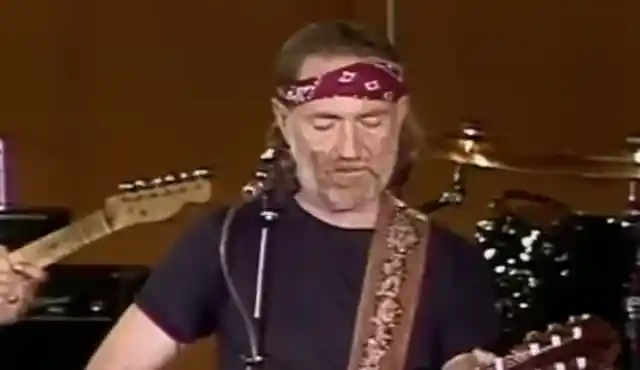

After managing to make a living out of his songwriting talent, Nelson began penning songs for artists such as Cline, as well as Elvis Presley and Roy Orbison. Nelson also found success as a solo artist, releasing over 100 studio albums.
Waylon Jennings
Waylon Jennings was at the forefront of the Outlaw movement, releasing country music with an extra hit of attitude. Jennings' stubbornness was present throughout his career, as he tended to go against both tradition and the authority figures of the music industry.
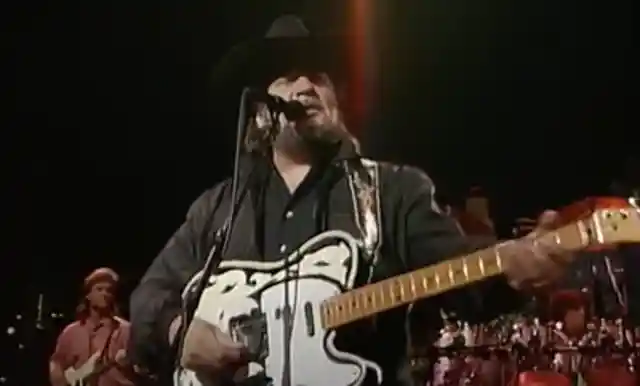
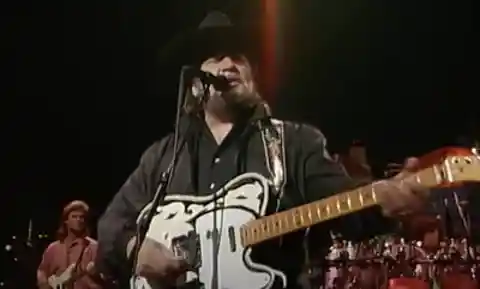
Jennings became known for his all-black, rhinestone-free outfits, his leather-wrapped Fender Telecaster, and his growling voice, which set him apart from many of the family-friendly country acts. His free-spirited attitude meant he became one of the main faces of progressive country music.
Dolly Parton
Over her many years in music, Dolly Parton has become more of a pop star than a country star alone, known around the world thanks to songs such as 9 to 5, I Will Always Love You, and Jolene.
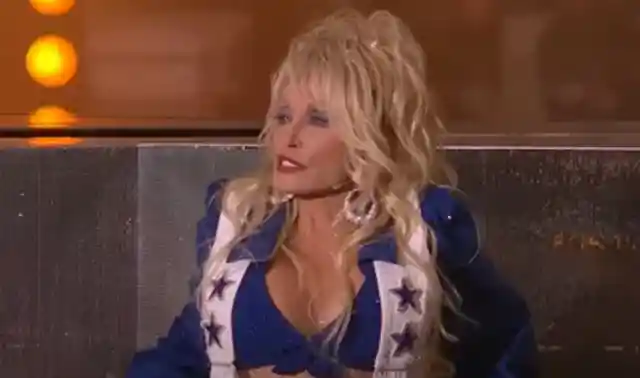
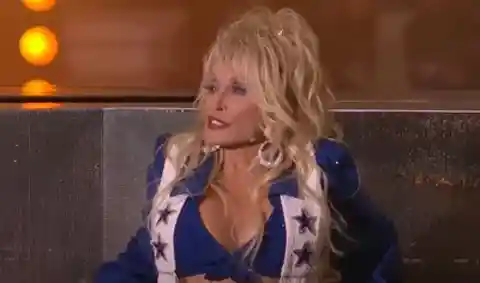
Despite being in the industry for over 55 years, Parton is still performing, although she has toured less in recent years. She still releases new music, with her latest album and the 49th of her career, Rockstar, being released in November 2023.
George Jones
George Jones seemed to revel in heartbreak, as it clearly brought the best out of him. He would wail melodies like a wolf at a full moon, while also being able to attack his quicker, heavier songs with relative ease.
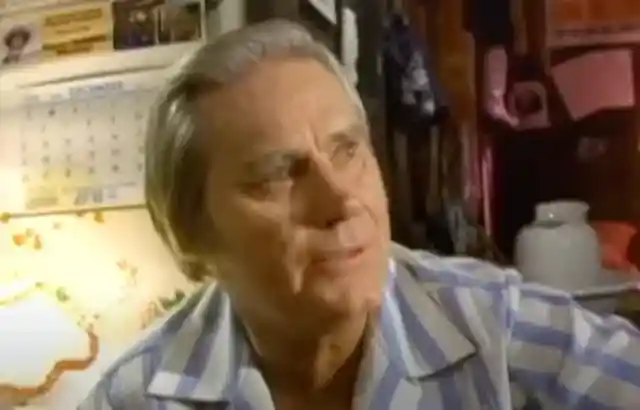
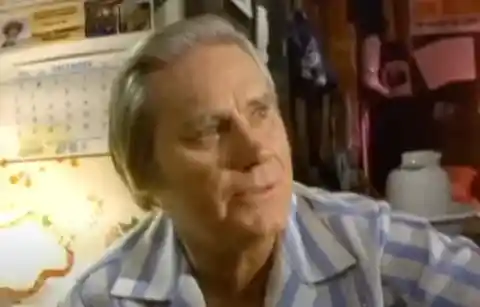
Jones had his personal struggles, as alcohol misuse led him to miss many shows in the eighties, almost ruining his legacy. However, he came through it and remains a much-beloved country artist and an inspiration to many today.
Garth Brooks
Despite amassing very little fame outside of the USA, Garth Brooks is one of the biggest-selling solo artists of all time, shifting over 170 million records throughout his career. He leans towards the poppier and more accessible side of country music.
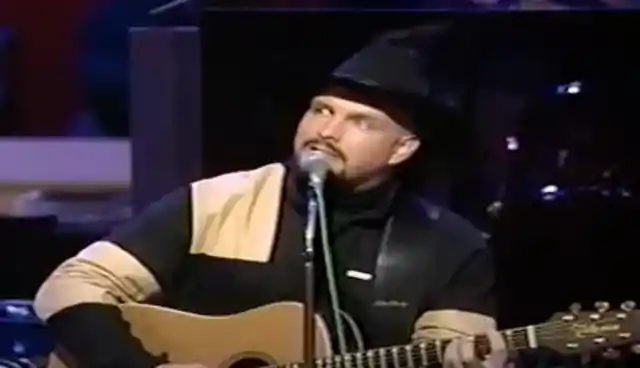
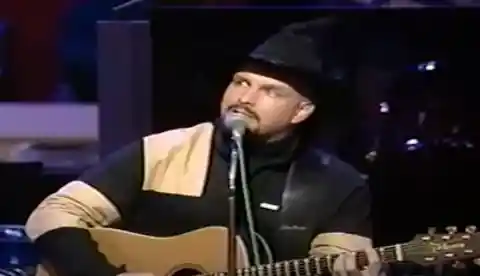
Brooks had less success with his alter ego Chris Gaines, which saw him try out other styles. The concept album was not well received, and he had to ditch the movie he had been developing about Gaines' fictional life.
Jimmie Rogers
Active in the music industry since 1910, Jimmie Rodgers was one of the earliest country stars to be able to record their music. This helped him earn the nickname, The Father of Country Music.
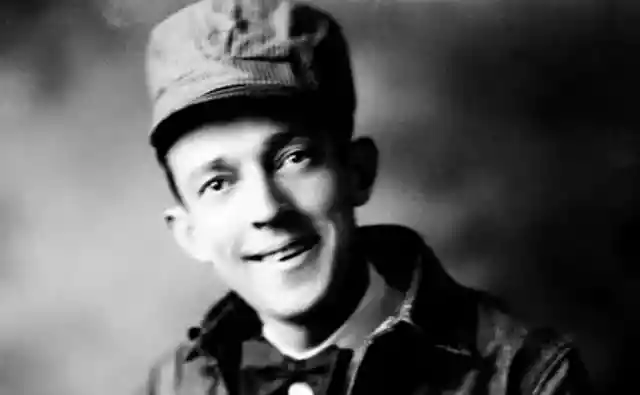
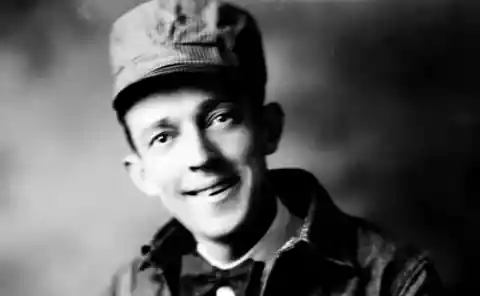
He was also the first artist to be inducted into the Country Music Hall of Fame. Artists such as Merle Haggard and Johnny Cash were greatly inspired by his work.
Patsy Cline
Patsy Cline possessed the sort of voice that could not be limited to country music. Songs like Crazy, written by Willie Nelson, and Strange, helped her to become more than just a country singer, taking her from national fame to global fame.
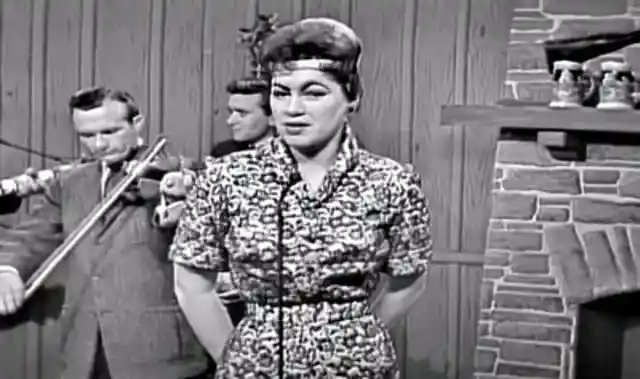
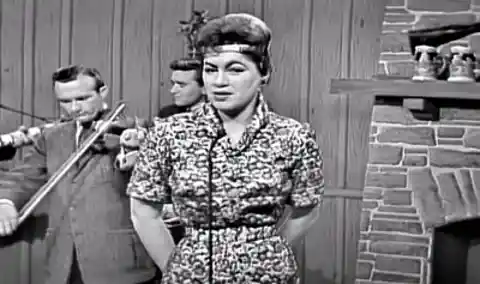
It was the delivery of her vocals, and her effervescent personality, that made her music appealing to non-country fans. Cline's career was cut tragically short at the age of 30, following a plane crash in 1963.
Buck Owens
The Bakersfield sound of the 1960s was defined by many, but none more so than Merle Haggard and Buck Owens. The latter was known for his tendency to carry his sound as close to rock and roll as he could.
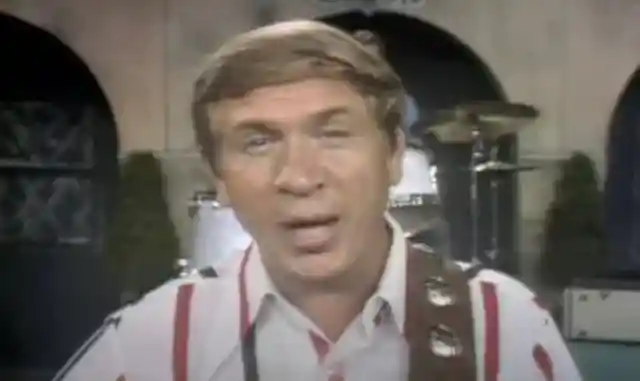
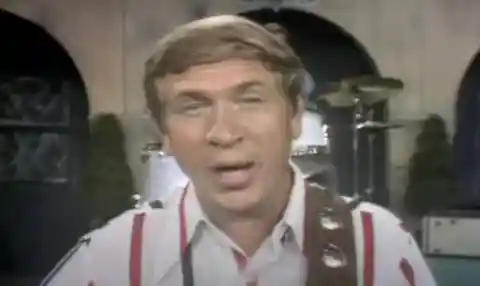
This hint of rock and roll pricked up the ears of real music stars, such as The Beatles, who covered Owens' song Act Naturally. They did palm it off as the token Ringo-on-vocals song, but they nonetheless gave country some global airtime.
Bob Wills and his Texas Playboys
Bob Wills, along with the help of his Texas Playboys, created a new sub-genre of country music, known as Texas fiddle music. It combined jazz, blues, and traditional country, all mixed up and sprinkled with some Latin and big city influence.
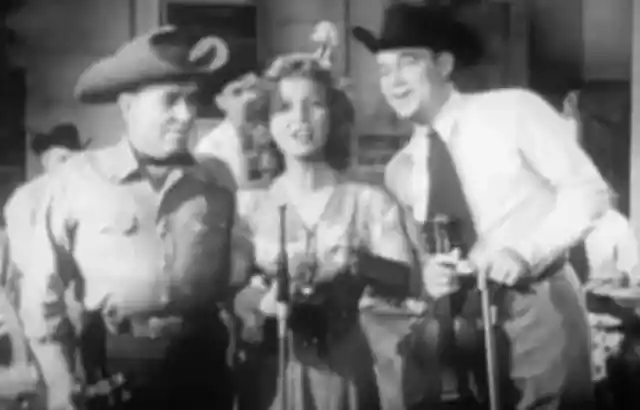
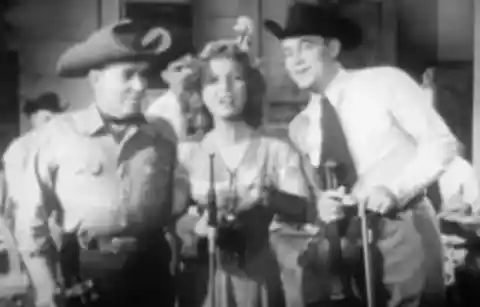
The group hit its peak in the 1930s, but their influence was felt long after, with rock and roll hero Chuck Berry pinching the beat from The Playboys' 1938 reworking of the traditional song, Ida Red, for his song Maybelline.
Ray Price
Ray Price almost didn't become the most influential country musician of his time. He could have worked with the cattle on his family farm in Texas, and he nearly studied veterinary medicine at college.
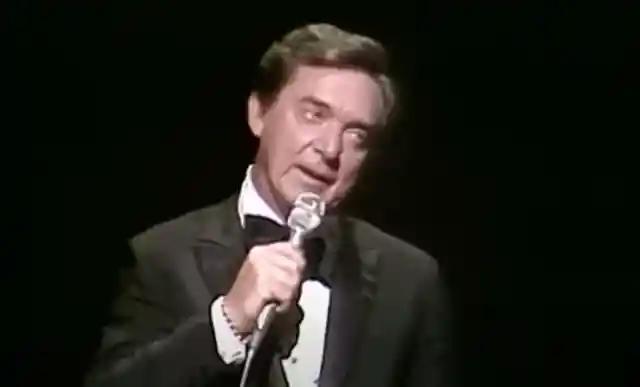
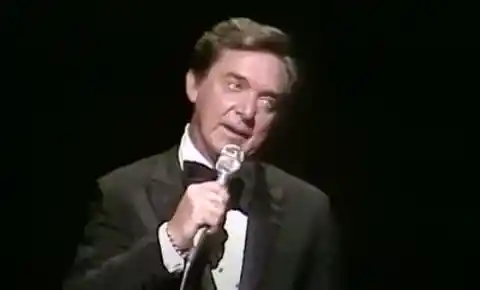
Instead, he chose music, becoming a key figure in the honky tonk scene and amassing a string of number-one singles throughout his career. He also helped bring new talent, such as Willie Nelson and Roger Miller, into the limelight.
Tammy Wynette
Best known for her hits D-I-V-O-R-C-E and Stand By Your Man, Tammy Wynette was one of the most influential country artists of the 20th century, and she used her voice to break through into the once heavily male-dominated genre.
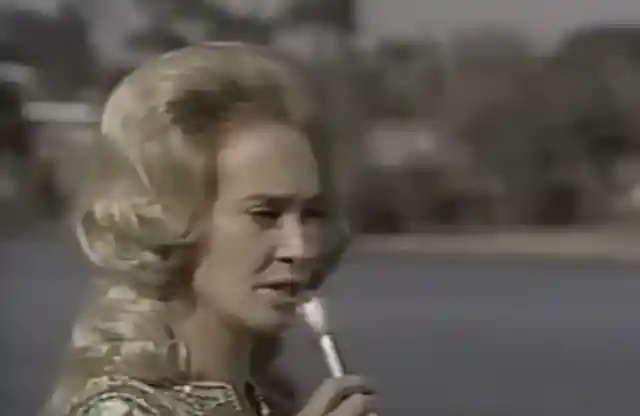
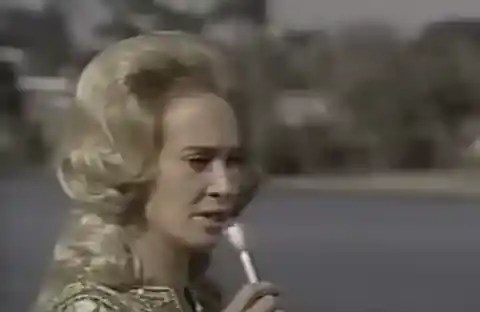
Wynette made sure she appealed to the traditionalist male audience, often singing songs about women standing by their husbands even if they were in the wrong. No matter the subject matter though, her songs became hits thanks to her powerful vocals.
Glen Campbell
Glen Campbell got his first big break as part of the famous Los Angeles session musicians known as The Wrecking Crew. The group was revered inside the industry for being the go-to backing band for the majority of Californian artists.
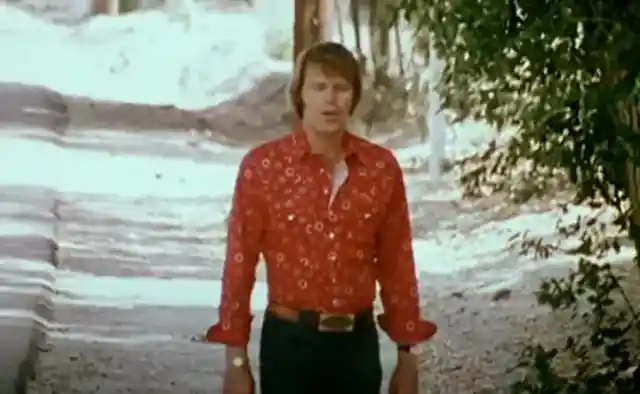
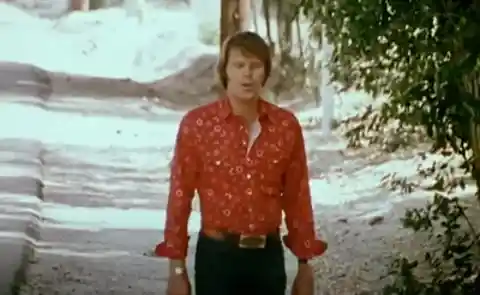
Campbell eventually became a singer in his own right and even hosted a television variety show. He became a mainstay of the US country charts throughout the 1970s, releasing a string of Californian-inspired country hits, including the famous Rhinestone Cowboy.
Eddy Arnold
Eddy Arnold evolved throughout his music career, releasing songs as a crooner, pop artist, and country musician. He also spent time in the pop charts in the 1960s with The Last Word in Lonesome is Me.
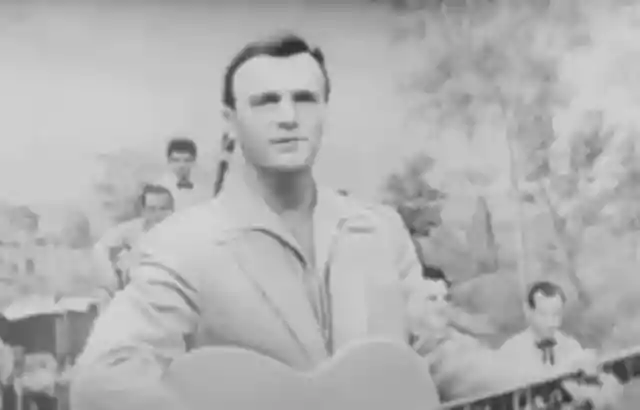
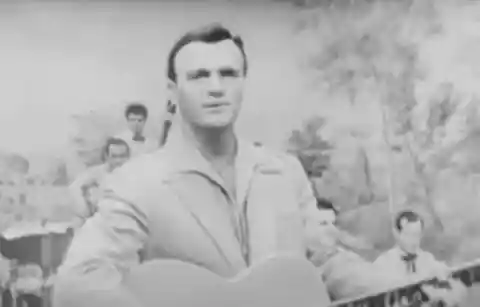
Arnold's longevity in the industry was astonishing, as he made his radio debut in 1936 and released his last record in 2005. He once described himself as a 'Heinz 57 singer', as he sang all sorts of songs.
Roger Miller
Roger Miller's novelty songs added some comic relief to the country music scene during his active years. His lyrics focused on topics not usually covered in country songs, such as underage drinking and poor parenting.
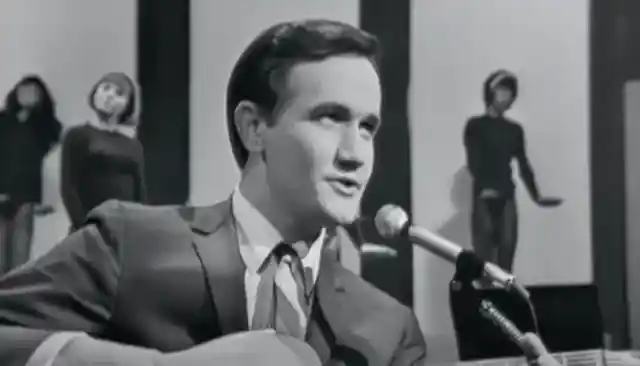
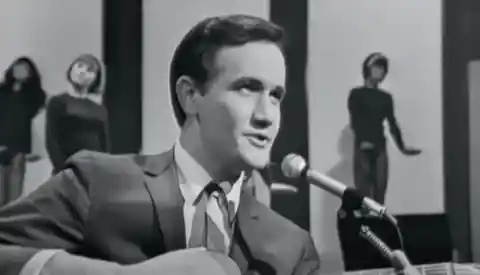
Miller's talents weren't just restricted to comedy songs, as he also wrote and performed songs for Disney's 1973 animated version of Robin Hood. He was also an actor, performing in the Tony Award-winning musical, Big River.
George Strait
Such is George Strait's influence on the genre, he is often referred to as The King of Country Music. In the 1980s, he brought the traditional country sound back into the mainstream. He also holds an impressive musical world record.
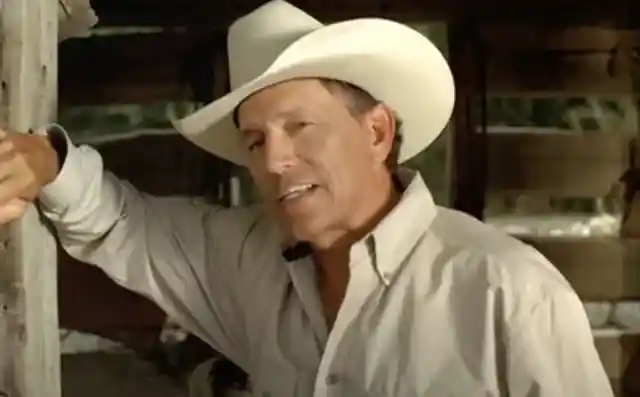
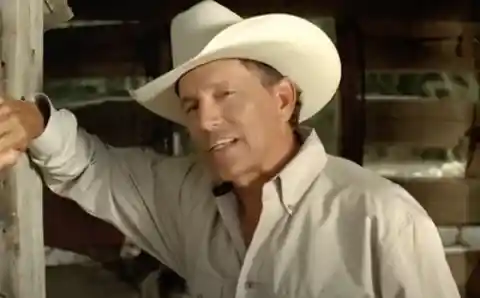
George Strait holds the record for the most number-one singles for any performer in any genre, with 60 in total. He earned his first in 1982, with Fool Hearted Memory, and scored his most recent chart-topper with River of Love in 2008.
Conway Twitty
Conway Twitty was inspired to become a musician after hearing the Elvis Presley song, Mystery Train. He slicked his hair back, made his way to Sun Studios in Memphis, and did everything he could to replicate Elvis' sound.
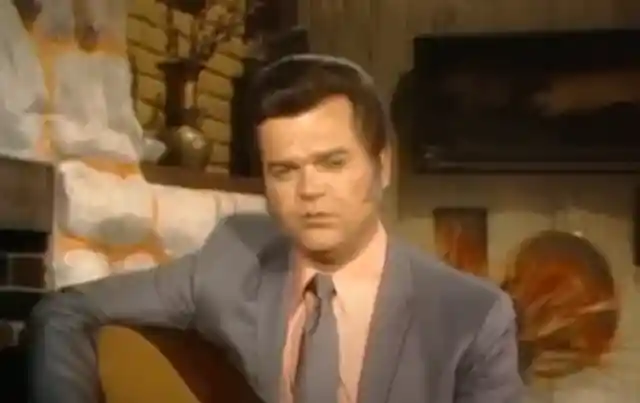
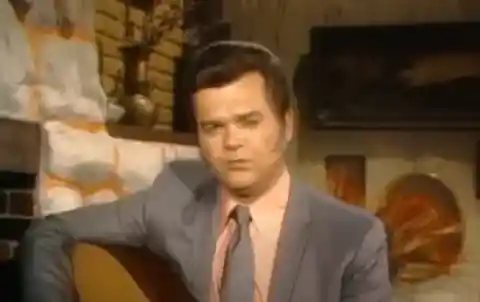
Twitty wouldn't step out of Elvis' shadow until 1965 when he decided to adopt his stage name and transfer from the world of rock and roll into country music. He'd have to wait until '68 for his first top-five country hits.
Lefty Frizzell
Lefty Frizzell was the very epitome of a flawed genius, capable of producing magic while trying to fend off personal demons and misdemeanors. He was largely known for his unique vocal delivery, which inspired the likes of Merle Haggard and Willie Nelson.
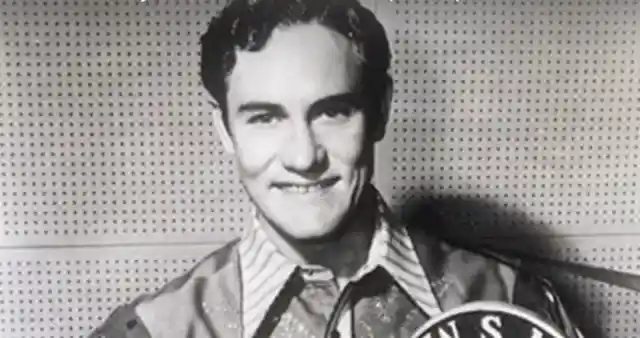
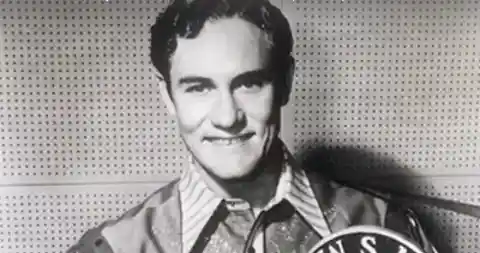
His time in the spotlight was short, mostly because of his issues with substance abuse and brushes with the law. He was regularly arrested for engaging in inappropriate behavior with fans, which has somewhat tainted his musical legacy.
Ernest Tubb
Ernest Tubb was the typical country musician's musician, donning the full cowboy get-up while playing a brand of country often regarded as the forerunner to honky tonk music. His style attracted fans such as Merle Haggard and Johnny Cash.
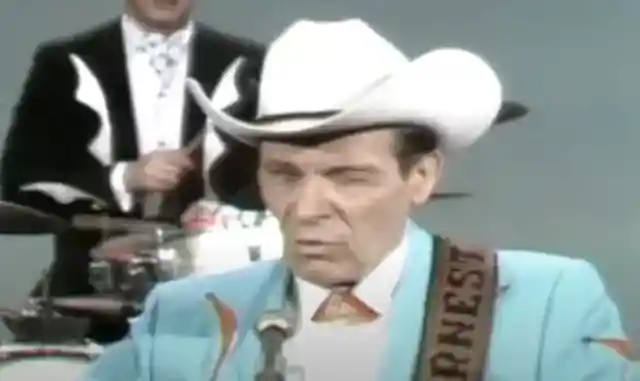
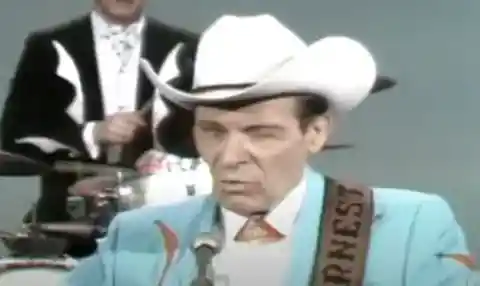
He was also seen as a mentor for Cash and Loretta Lynn, who both came through at a similar time. Tubb's dedication to shining the spotlight on others on his radio show made him a hugely popular figure in the Nashville scene.
The Louvin Brothers
Charlie and Ira Louving, professionally known as The Louvin Brothers, are one of the most beloved double acts in country music history. Known for their string-based sound, the brothers enjoyed major success throughout the 1950s, when honky-tonk was in its golden age.
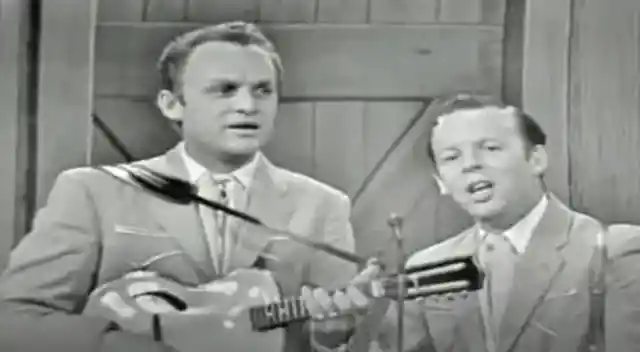
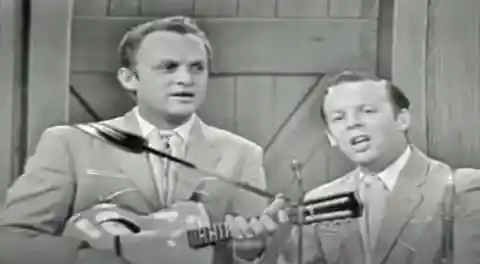
The most striking thing about the brothers was their differences. Charlie was a devout Christian and very much the calming influence on the group, while Ira was a party animal with a hot temper. Between them, they created a legendary sound.
Shania Twain
Shania Twain is one of few country stars to truly go mainstream, thanks to radio-friendly hits such as Man! I Feel Like a Woman and That Don't Impress Me Much. Therefore, it's no wonder she is one of country music's biggest-selling artists.


One of the major aspects of her legacy is that she updated the traditional country sound to appeal to a younger generation, never once compromising to appeal to the purists. Her sound helped to spawn even bigger artists such as Taylor Swift.
Tom T. Hall
Tom T. Hall is revered for the stories that his lyrics tell. They were often inspired by real-life moments in Hall's life, which may have been deemed too mundane to sing about by other artists.
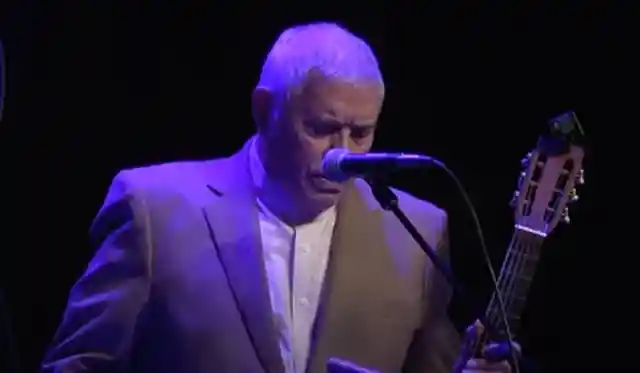
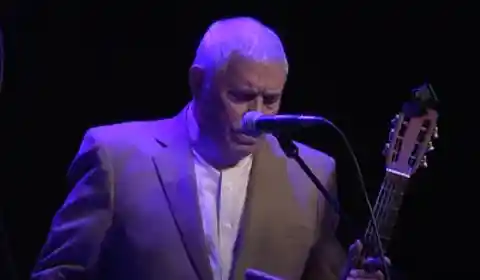
It worked for Hall though, as he was the brains behind many a country number-one, for himself and other artists that he wrote for. His songs continue to inspire young country artists to this very day.
Bill Monroe
Known as the Father of Bluegrass, Bill Monroe served as an inspiration for many of the USA's top country stars. His legacy has been immortalized in the form of a statue outside Nashville's Ryman Auditorium, one of the city's most beloved venues.
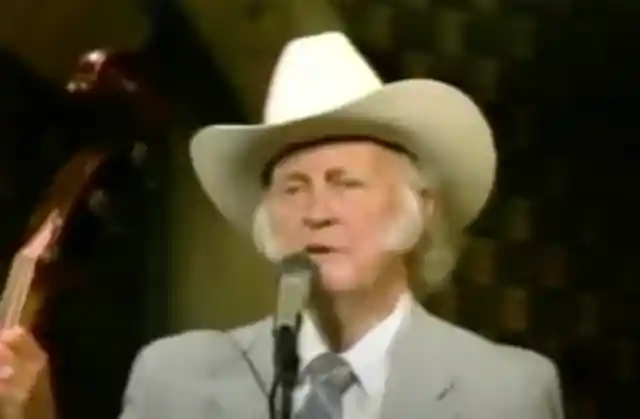
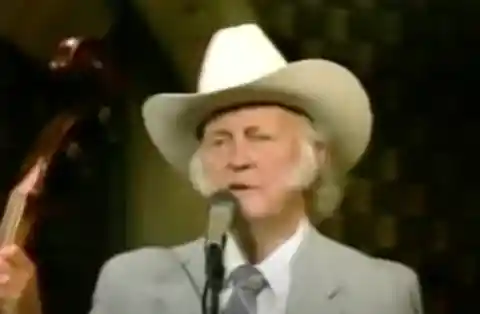
Monroe's energy-filled style was heightened by Lester Flatt and Earl Scruggs, who both played in his band during his peak years in the 1940s. It has often been said that country music was never the same after Bill Monroe entered the scene.
Alan Jackson
Alan Jackson is one of the best examples of the insular nature of country music fans. He is virtually unheard of outside the USA, but has sold over 80 million records and released 30 number-one singles nationally.
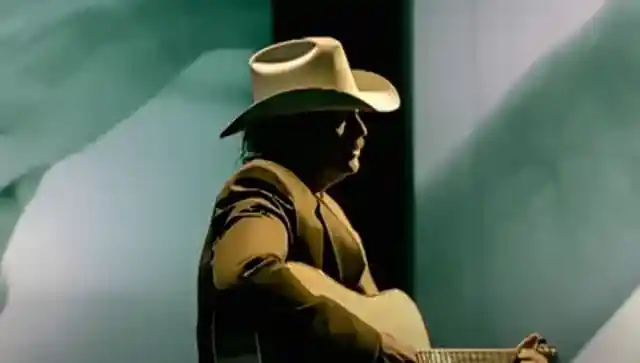
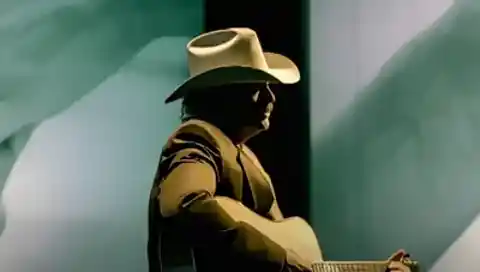
Unfortunately, Jackson's health has declined in recent years, but he is still trying to keep his cowboy hat in the ring, touring whenever he feels well enough to do so. Hopefully it's a long time before this country legend says goodbye.
Kris Kristofferson
Kris Kristofferson's early life doesn't fit the usual mold of a country singer. He received a high-class education at Oxford University in England, before training as an army pilot. Throughout his training, he maintained an interest in creative writing.
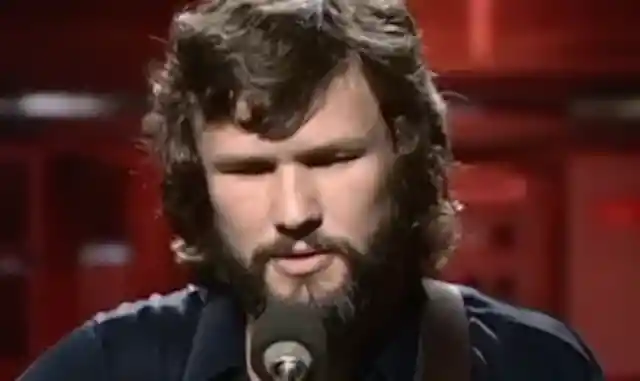
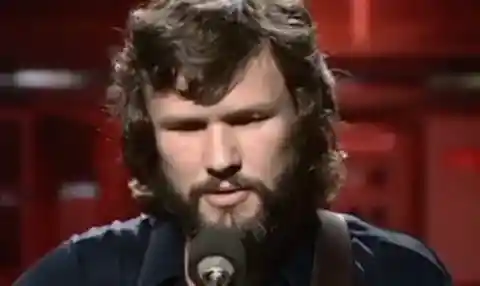
That gave Kristofferson an edge over many of his contemporaries, as his songs had interesting stories to back up the melodies. Songs such as Me and Bobby McGee and Sunday Morning Coming Down were popularized by Janis Joplin and Johnny Cash respectively.
Flatt & Scruggs
Lester Flatt and Earl Scruggs set up their band in 1948, cleverly naming it, Flatt and Scruggs. They had both originally been a part of Bill Monroe's band, before going off to do their own thing.
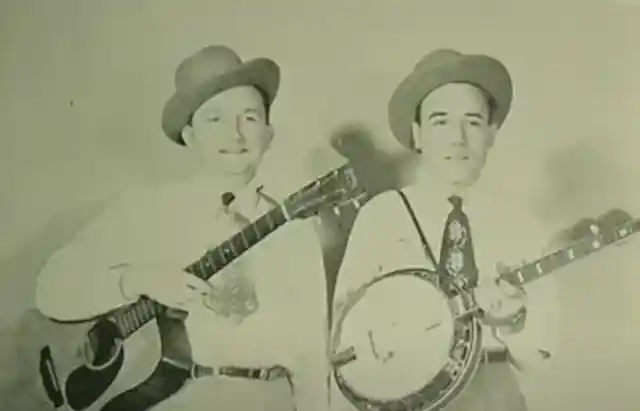
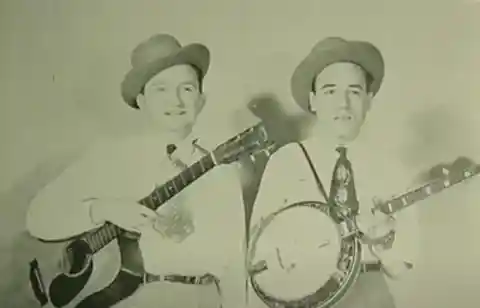
Flatt & Scruggs performed for over two decades, boasting four country number-one albums released in that time. They also wrote an abundance of country classics that are still covered by artists today.
Charley Pride
Charley Pride flipped the traditional country music stereotype on its head in the '50s and '60s, becoming the first black country music superstar. He would experience even greater success, enjoying 19 consecutive country number-ones, cementing his name into the genre.
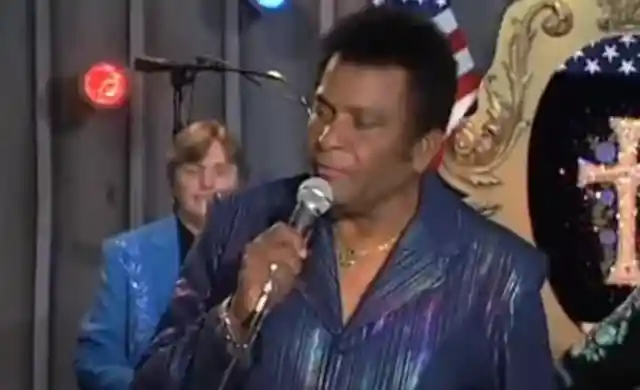
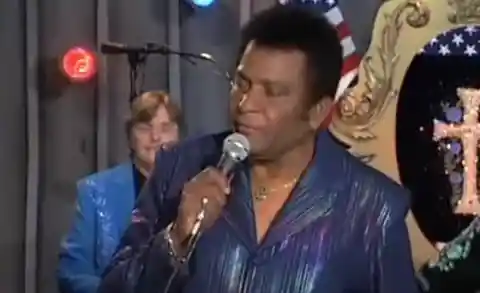
In fact, at one point in the 1970s, Charley Pride was RCA Records' best-selling artist behind Elvis Presley, which is extremely high praise considering some of the extraordinary talents that they had on their books at the time.
Randy Travis
Country singer Randy Travis mixes the traditional country style with gospel music, preaching his religious ideology to his many adoring followers. His deep, baritone voice has kept him in the thoughts of country music fans throughout his 40+ year career.


Travis suffered a stroke in 2013, which left him unable to sing and fearing that his career was over. Through a lot of grit and determination he learned how to sing once more, performing at his Country Music Hall of Fame induction in 2016.
Miranda Lambert
Miranda Lambert is one of very few country musicians on Rolling Stone's list who was born after 1980. She was first noticed by the public after appearing on the TV talent show Nashville Star in 2003.
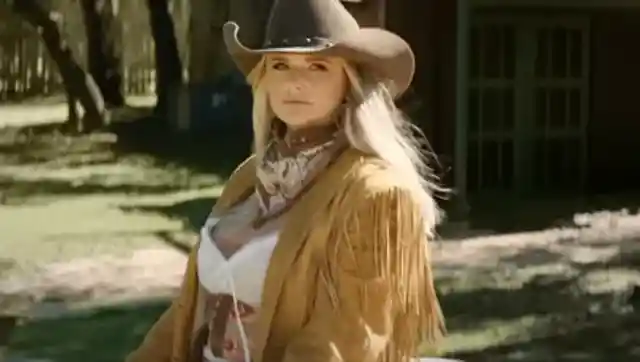
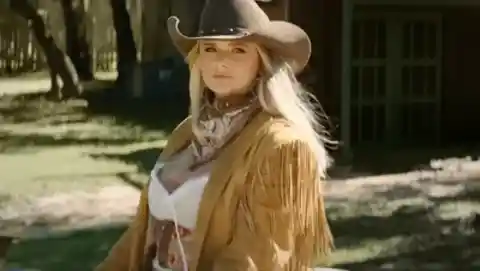
She has since released ten studio albums and won two Grammy awards. Her music is often anthemic, but she has also released a selection of ballads that have gone down well with country music fans and critics alike.
Jerry Lee Lewis
After Jerry Lee Lewis' rock and roll career took a nosedive once the news had broken that he had married his 13-year-old cousin, the Great Balls of Fire singer had to take a step back and retreat into making country music.


Fans of the country genre took Lewis under their wing, helping him to resurrect a career that looked like it had escaped him. Despite all his wrongdoing, Lewis managed to get a handful of downbeat, gloomy singles into the Billboard Country Charts.
Stanley Brothers
Led by Ralph Stanley along with his brother Carter, the Stanley Brothers pushed their brand of country music in various directions throughout their career. They integrated elements of Appalachian music as well as Bluegrass, creating a brand-new sound.
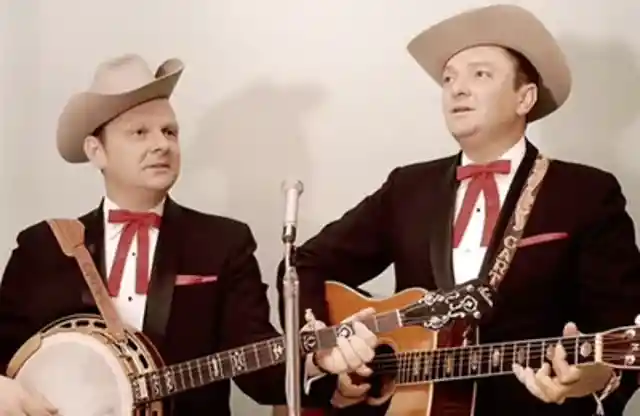
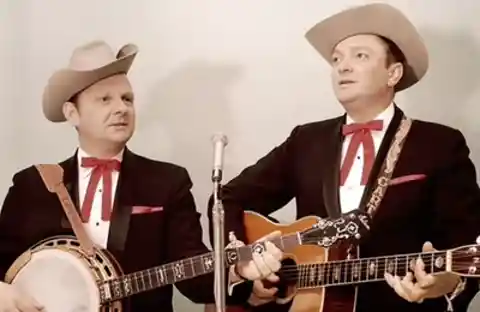
The duo ended prematurely, following Carter's death in 1966. Ralph went on to perform under the name Clinch Mountain Boys, who enjoyed decent success, roping in some of the genre's finest exports to make music with him.
Reba McEntire
Reba McEntire's career goes beyond just country music. She has spent time working in television, as well as appearing on Broadway. She failed to conform to the usual down-on-their-luck country stereotype, proving her worth as a businesswoman as well as a musician.


Overall, it is her voice that made her the golden girl of the Nashville scene. It is a voice that has changed as she has aged, but never faltered. Her longevity is impressive, and she shows no signs of slowing down.
Jerry Reed
Jerry Reed was one of the most in-demand country musicians during his active years, often the first choice as a backup guitarist for acts such as Elvis Presley. But he had his sights set on more than just session and background work.
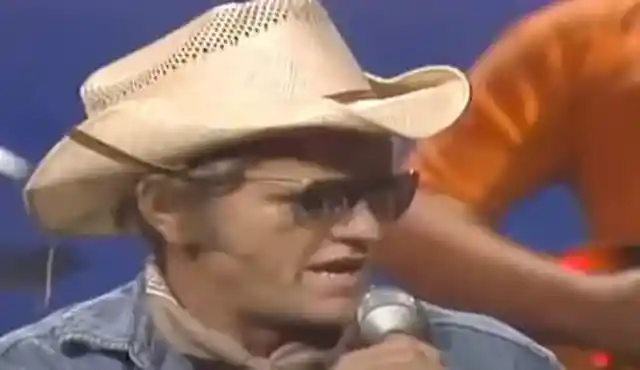
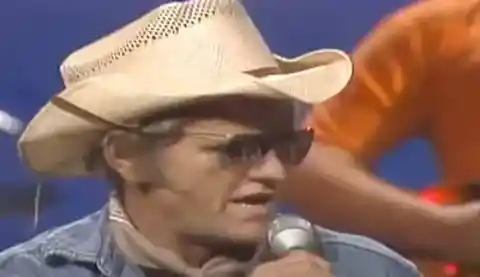
Reed had a few hits of his own, as well as writing hits for acts such as Porter Wagoner and Johnny Cash. His lyrics were sometimes somber, but he could also write with genuine humor and wit, which is difficult to do.
John Prine
John Prine occupied the blurry space between folk and country, with his work having elements of both Bob Dylan and Johnny Cash sprinkled in. He is one of few country stars who wrote interesting lyrics, going against the grain of the genre.
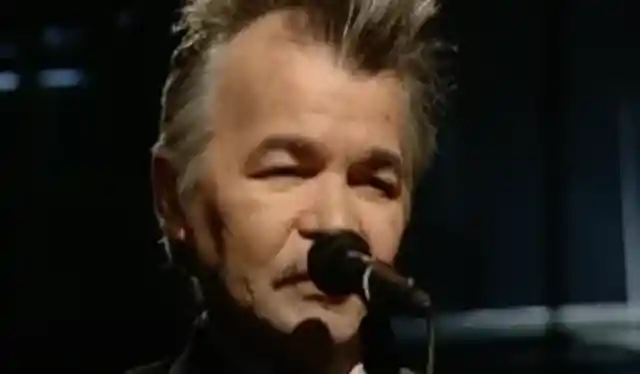
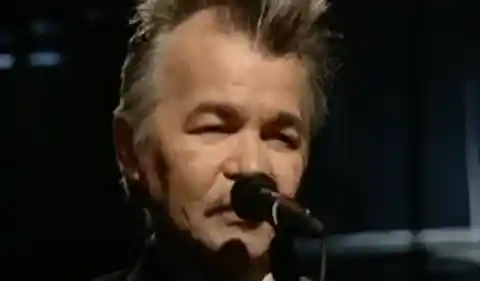
Prine is seen by many who grew up in the '60s and '70s as their generation's Hank Williams, an artist who helped to move country music forward while maintaining its rich tradition. Prine kept releasing music until his death in 2020.
Gram Parsons
Gram Parsons, best known for his work with The Byrds, is one of the greatest country music stars of all time. Despite an untimely death at the age of 26, Parsons has a surprisingly large catalog of hits.
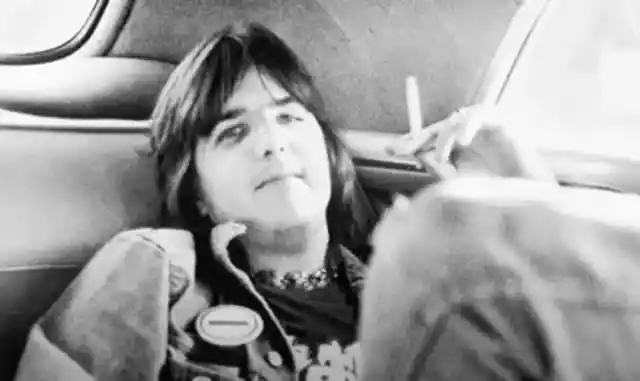
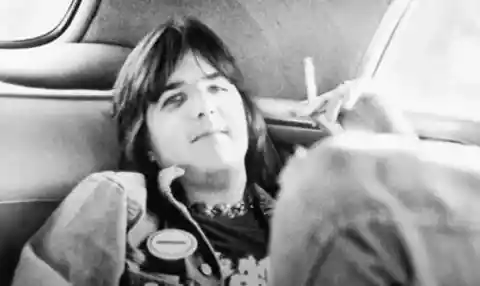
While Parsons never had a number one, he has a large fan club of artists who have been influenced by his work over the years. One of these was Emmylou Harris, who covered two of his songs as she was starting out.
Hank Snow
Hank Snow had a tough childhood, having fled his home in Nova Scotia to escape abuse at the age of 12. He spent the next four years working on a fishing boat, where he was forced to grow up very quickly.
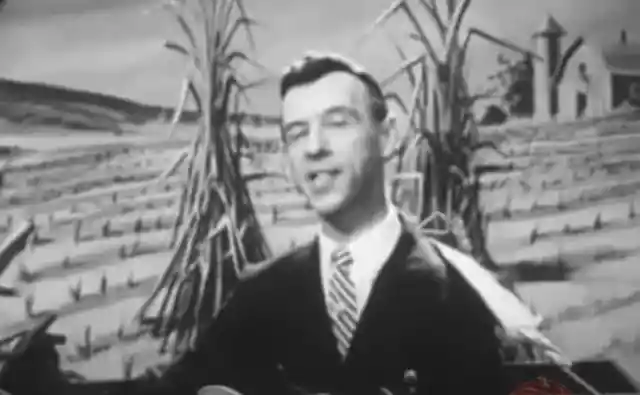
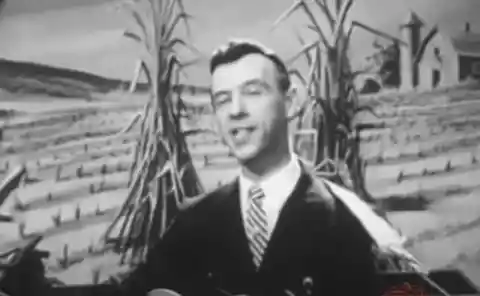
Snow first found country music as a downtrodden but hopeful teenager. He signed to RCA Records in 1936 but didn't make it big for 14 years. I'm Movin' On was his breakout song, later covered by Ray Charles and The Rolling Stones.